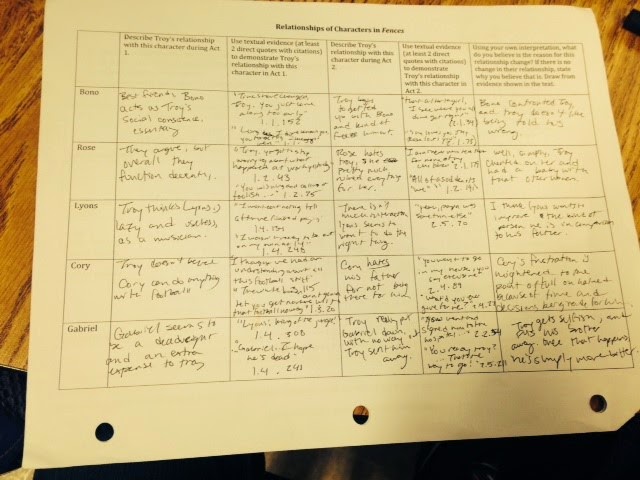Final Reflection
Claudia Scully
This class has been a crazy series of ups
and downs. From the start, I was surprised at how we kind of hit the ground
running. In fact, especially at the beginning of the year, I felt this class
was more difficult than the honors-level English courses I had taken in the
previous three years. There were a lot more papers, and a lot longer of papers
(seven pages, anyone?). They were also due a lot sooner, and there was just a
lot of general confusion, especially with the technological aspects of the
class. Blogs and OneDrive were especially frustrating, and I am not accustomed
to referring to only the Edline calendar to find out my assignments. We did a
lot of seminars, which I personally enjoy, and we read books that weren't
horrible. When we did do projects, we got to choose our own topics, which was
really cool. It was nice to finally have the opportunity to write
about/research something I actually like and that I'm interested in.
I did quite well in the class overall. A
lot of this comes from having the ability to choose topics or points of my own.
And, as usually happens when you actually care about a subject, you want to do better, to go
more in depth. That being said, I've gotten a low A in the first semester of
the course, which I consider to be good. But, I actually feel like I've done
better toward the end of the year. I believe my best project was the art and
the artist PowerPoint. I've also become a lot stronger of a writer, especially
in a formal setting, which has led to higher grades this semester.
Among many other things, this class taught
me how to take my ideas, which tend to be very unclear, and shape them into an
understandable thesis. I have become a lot better at presenting topics, because
this is the first class I've taken that almost every time we have done a major
project, it either is a presentation, or requires formally presenting the ideas
to the entire class. I also learned how to keep a blog, and how to work OneDrive.
This class has been very helpful in preparing me for college, especially in
terms of how to plan and structure a long research paper, and how to budget my
time in order to end up with a strong product. The iceberg view of culture and Maslow’s
hierarchy have been strong anchors in terms of setting themes and ideas, and I hope
to carry this to college as well.
